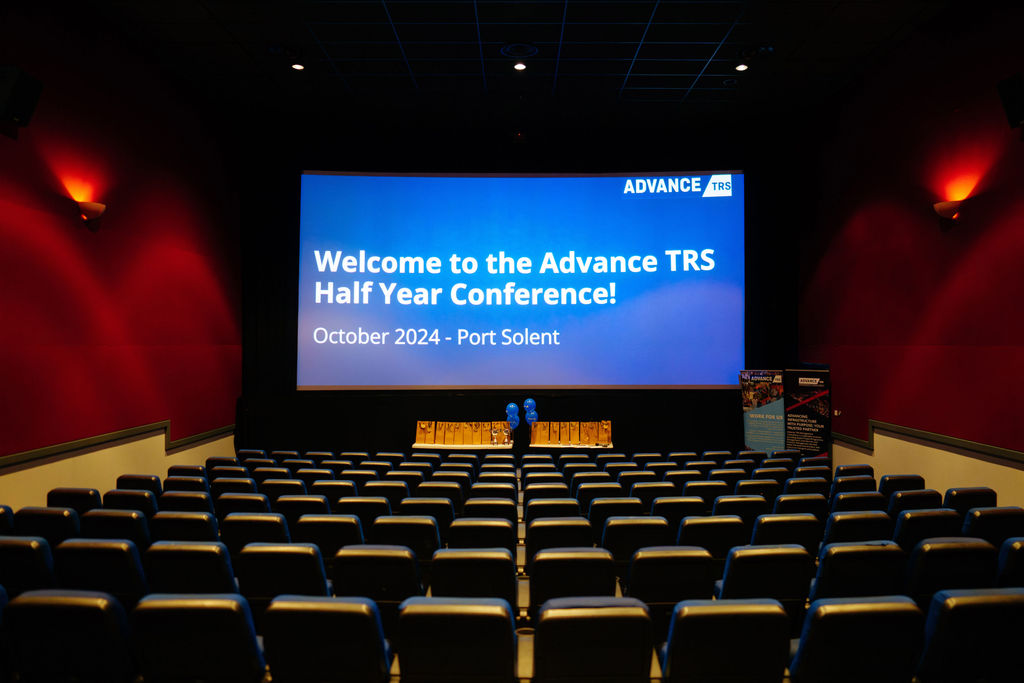AutoCAD is one of the most widely used computer-aided design (CAD) software programs in the world. Developed by Autodesk, it enables professionals in industries such as architecture, engineering, and construction to create precise 2D and 3D drawings. But what exactly is AutoCAD, and why should you consider learning it?
What is AutoCAD?
AutoCAD is a powerful CAD software that allows users to design, draft, and model with accuracy and efficiency. It provides a range of tools for creating detailed technical drawings, blueprints, and schematics, making it an essential tool for designers, engineers, and drafters.
Benefits of Using AutoCAD
Using AutoCAD in design and engineering projects offers several advantages, including:
- Precision and Accuracy: Create highly detailed 2D and 3D designs with exact measurements.
- Efficiency: Automate repetitive tasks, speeding up the design process.
- Versatility: Used across multiple industries, from architecture and civil engineering to manufacturing and interior design.
- Collaboration: Easily share and edit files with team members using DWG file compatibility.
- Customization: Adapt AutoCAD to your needs with plugins, scripts, and automation features.
How to Get Started with AutoCAD
To start using AutoCAD, follow these key steps:
- Learn the Basics:
- Understand the interface, tools, and fundamental commands.
- Take an introductory course or explore online tutorials.
- Practice 2D Drafting and 3D Modeling:
- Start with basic shapes and progress to complex designs.
- Learn how to use layers, dimensions, and annotations effectively.
- Get Certified:
- Autodesk offers AutoCAD certification programs to validate your skills.
- Certification enhances career opportunities and credibility in design-related fields.
- Apply AutoCAD in Real Projects:
- Use AutoCAD for drafting floor plans, engineering schematics, or product designs.
- Experiment with advanced features like parametric design and rendering.
Why Choose AutoCAD for Design and Drafting?
AutoCAD remains the industry standard for CAD software due to its powerful features, user-friendly interface, and adaptability. Whether you’re working on a small-scale project or a large engineering development, AutoCAD provides the tools necessary to streamline the design process and improve productivity.
How AutoCAD Can Benefit Your Career
Mastering AutoCAD can open up numerous job opportunities in design, engineering, and construction. Many employers seek professionals with AutoCAD expertise to handle drafting and modeling tasks efficiently. Whether you’re an aspiring designer or an experienced engineer, AutoCAD skills can give you a competitive edge in the job market.
Ready to Learn AutoCAD?
Learning AutoCAD requires dedication, but the rewards are significant. If you’re looking to enhance your design skills and advance your career, mastering AutoCAD is a great step forward.
Explore Design and Engineering Opportunities
If you’re looking for your next role in design or engineering, check out our latest job openings and see how Advance TRS can help you achieve your goals. View our latest job opportunities here.









